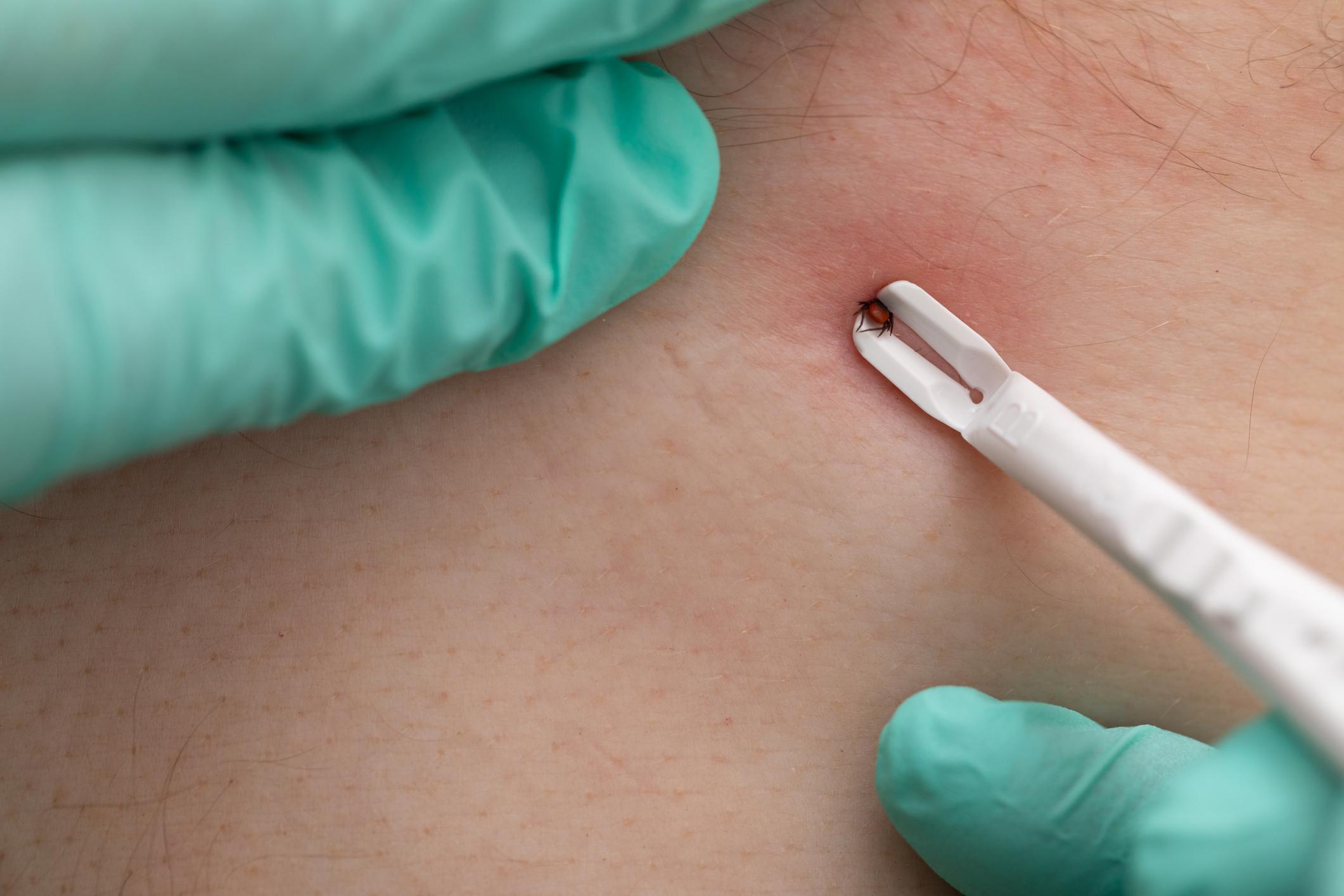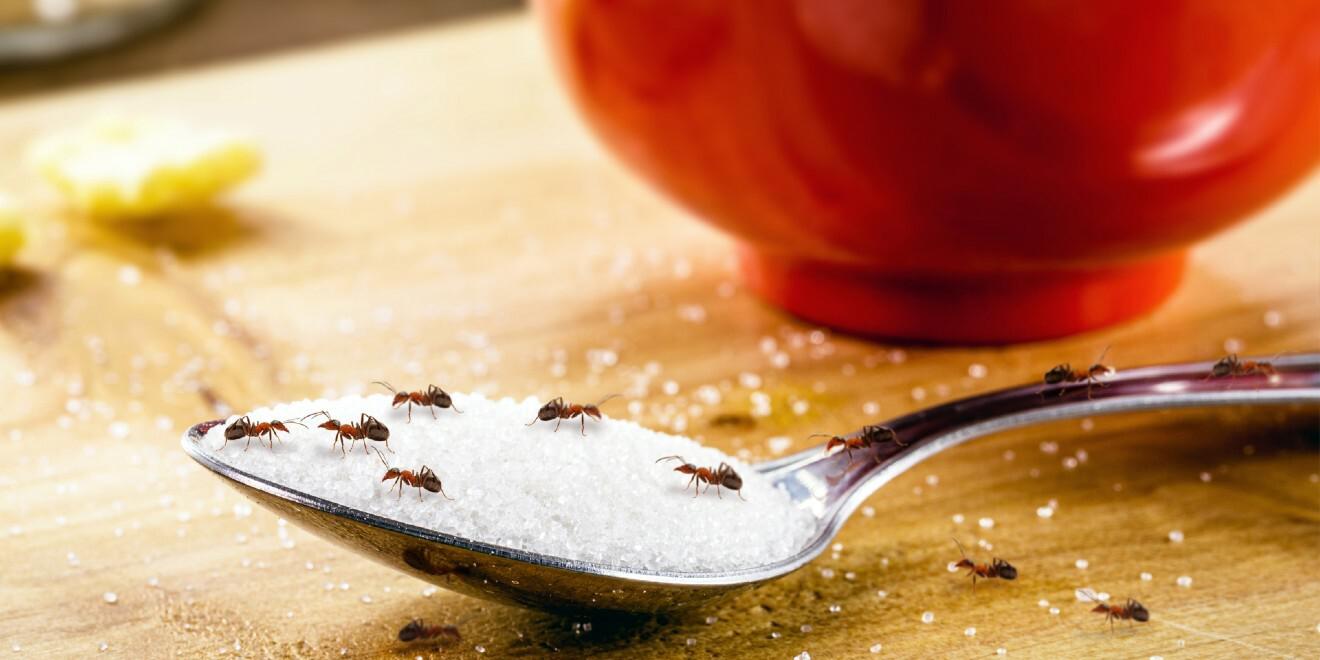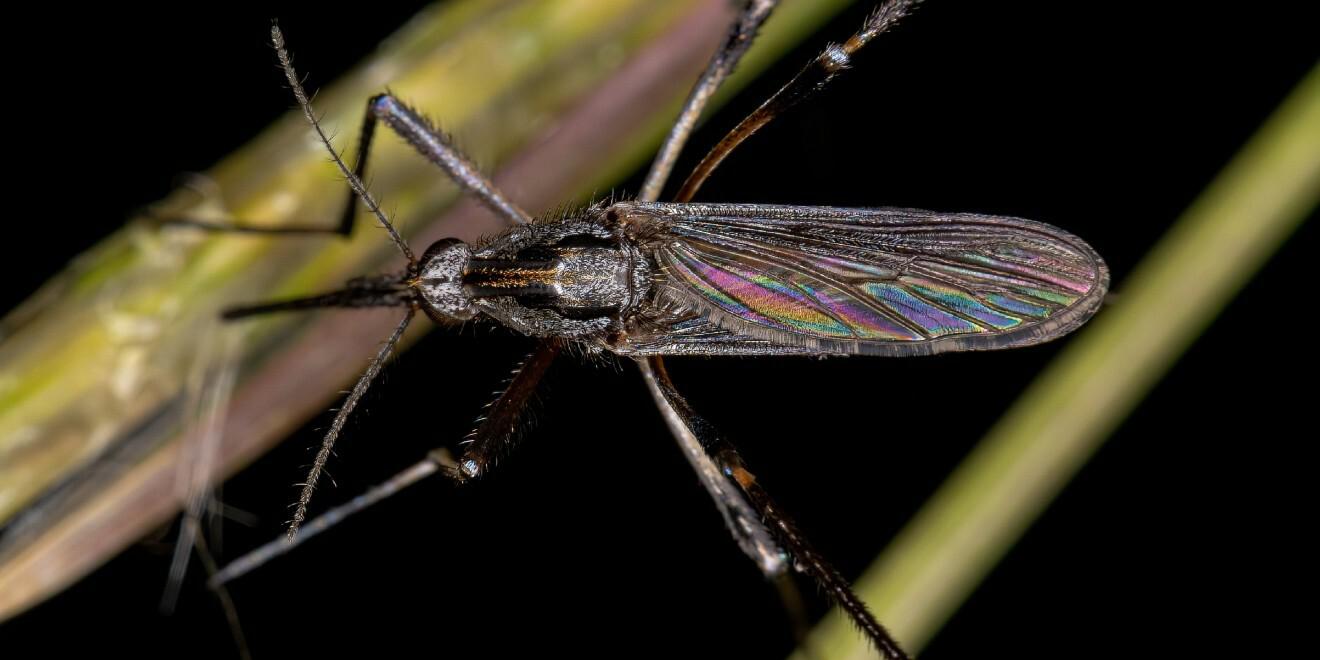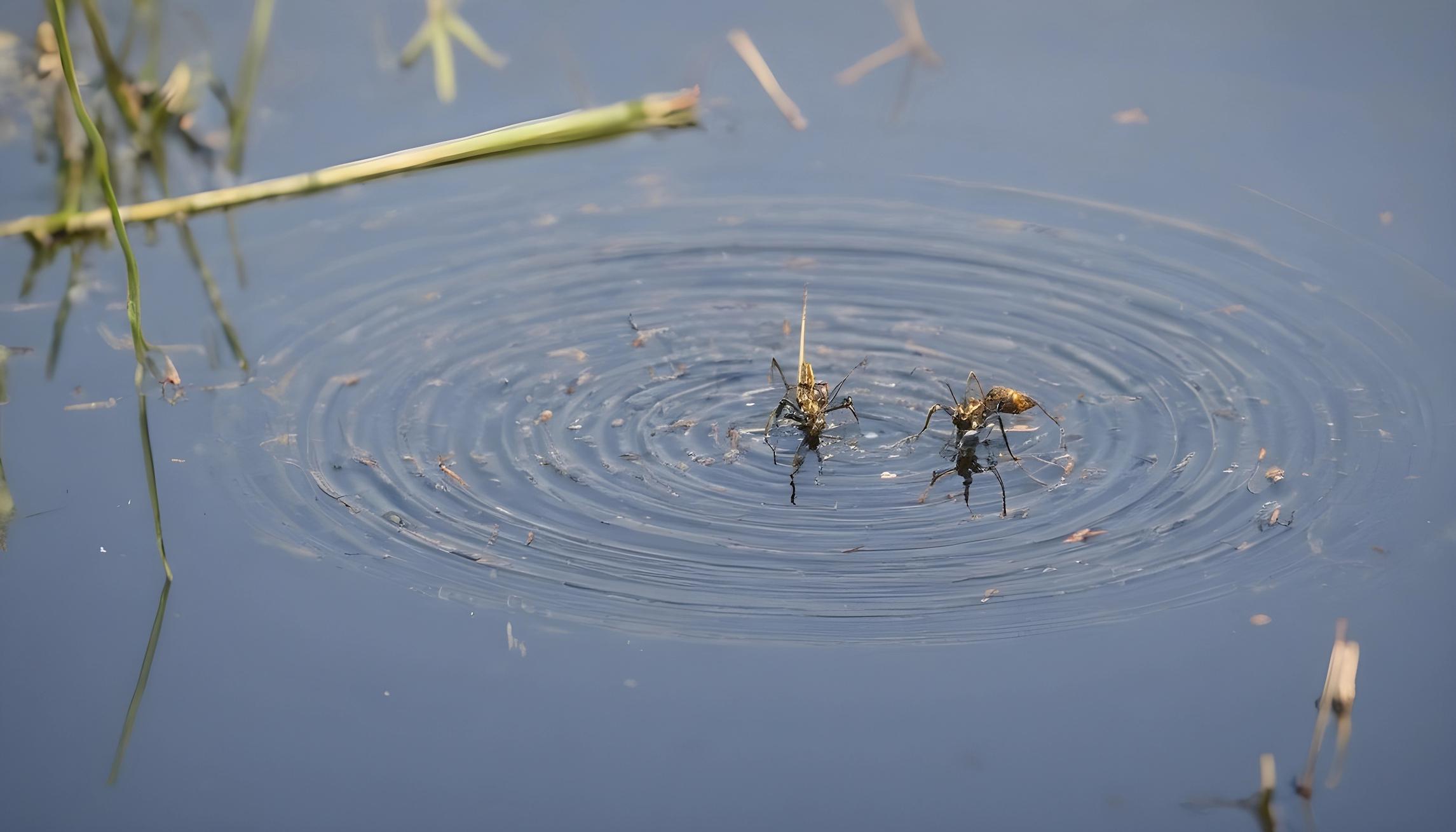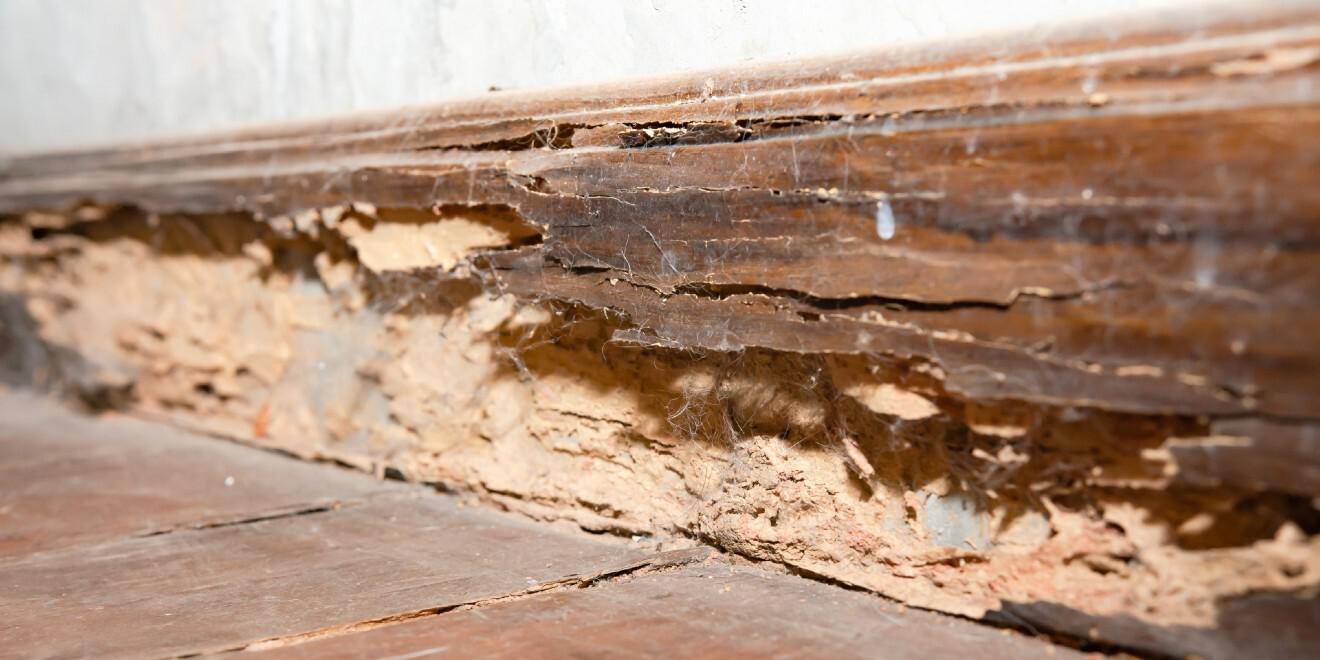Tick Rising: North Shore Tick Control and Keeping Deer at Bay
Posted by Mosquito Squad
May 27, 2015
Tick populations are on the rise. According to Harvard’s Public Health Entomologist Dr Richard Pollack, he “can almost set my watch by it.” The “it” being the rise in warm weather, and deer and tick populations. Where you see deer, you have Ixodes Scapularis: the blacklegged tick, most commonly known as the deer tick.
There is a heavy correlation between deer and tick populations. This means that as pleasant as it may seem to watch deer nibbling on the shrubbery in your yard as you drink your morning coffee, you do not want to attract deer onto your property. Unlike your dog, who may get a tick here or there as they scamper about on your morning walk, deer (and moose) can be host to thousands of ticks who drop off after a lengthy feast and search for a place to lay their clutch of eggs. Each female tick can lay 2,000 or more eggs.
Keeping deer and ticks at bay involves some landscaping strategy. Trees that attract white-tailed deer include: white and red oaks, chestnut, beech, and hickory. Other “deer bait” plants to avoid are blackberries, elderberry, plum, persimmon, apples, and pear trees. Deer fencing, if you live near a wooded area, or have plants that attract deer, will help steer the deer away from your property.
Barrier sprays, like the seasonal barrier treatment program offered here at Mosquito Squad of the North Shore offers effective protection from adult tick populations. This includes those ticks that may travel into your property via deer or other wildlife. Our perimeter misting program treats your entire property, not just the area around your house. This strategy eliminates up to 85% – 90% of adult ticks in your landscape.
Strategic placement of tick tubes for North Shore tick control, both now and during the Fall, help to eliminate larval and nymph ticks as they co-habit with mice and other small rodents. These products do not harm the animals. They are used in their bedding and nests and are a potent eliminator of nymph and larval ticks, which dramatically reduces the tick population in your yard.
May is Lyme Disease Awareness month. Stop ticks from infesting your landscape today by contacting Mosquito Squad of the North Shore.











